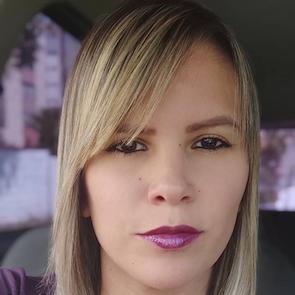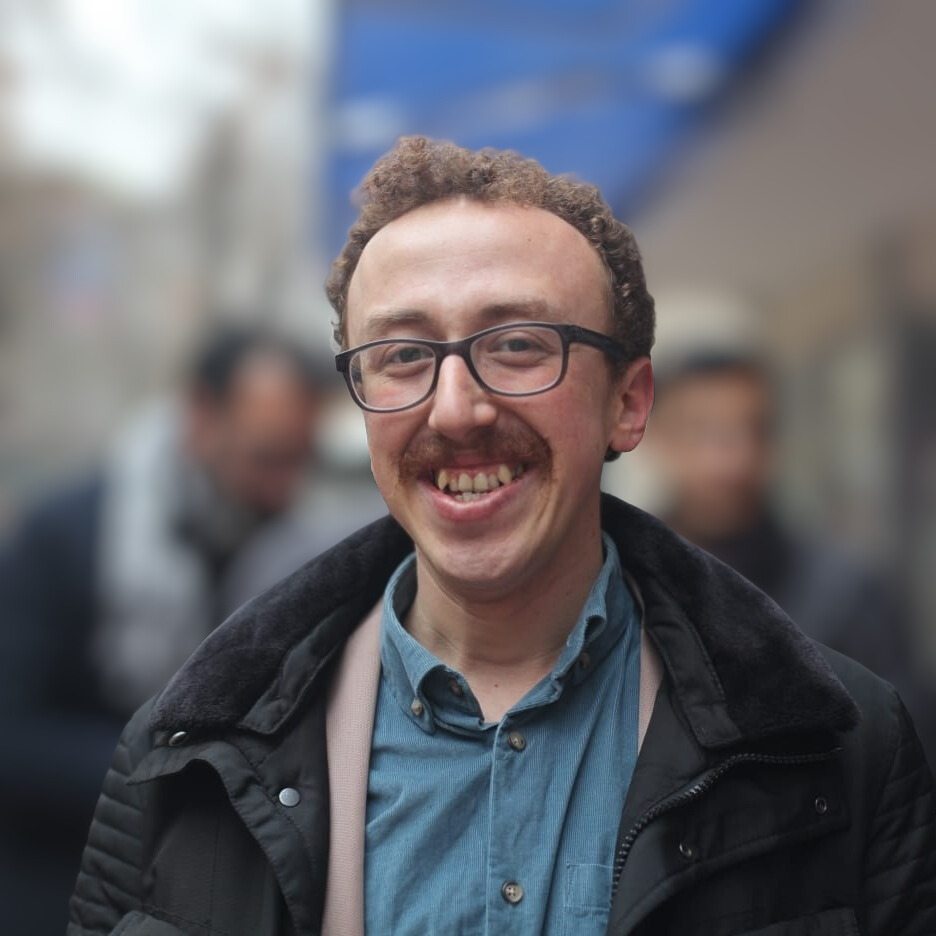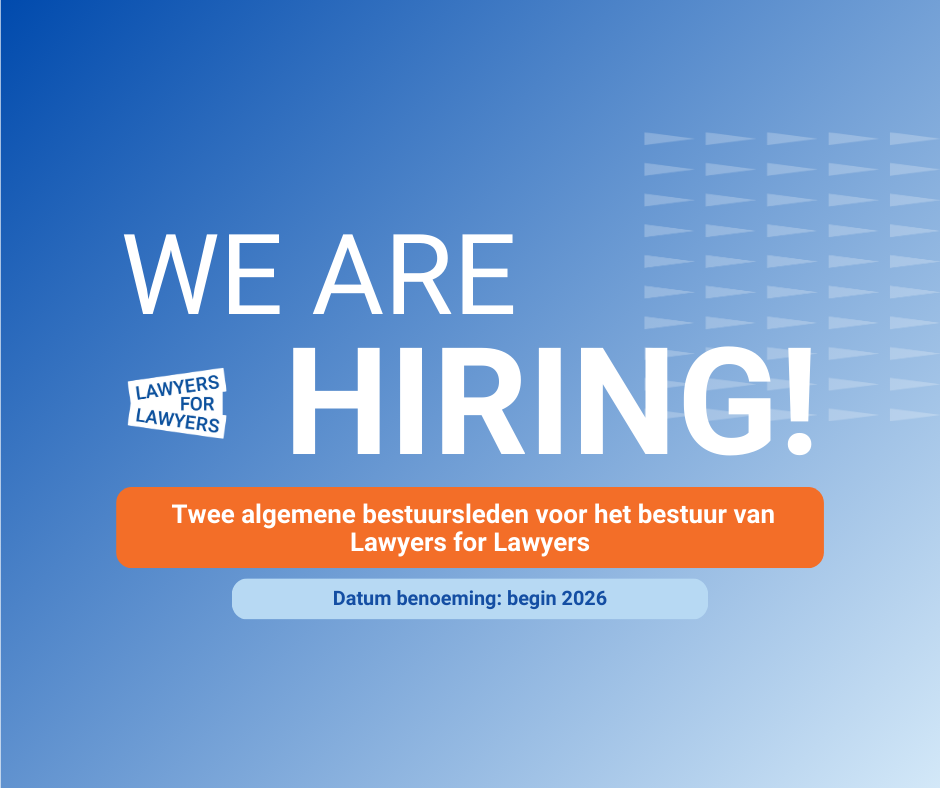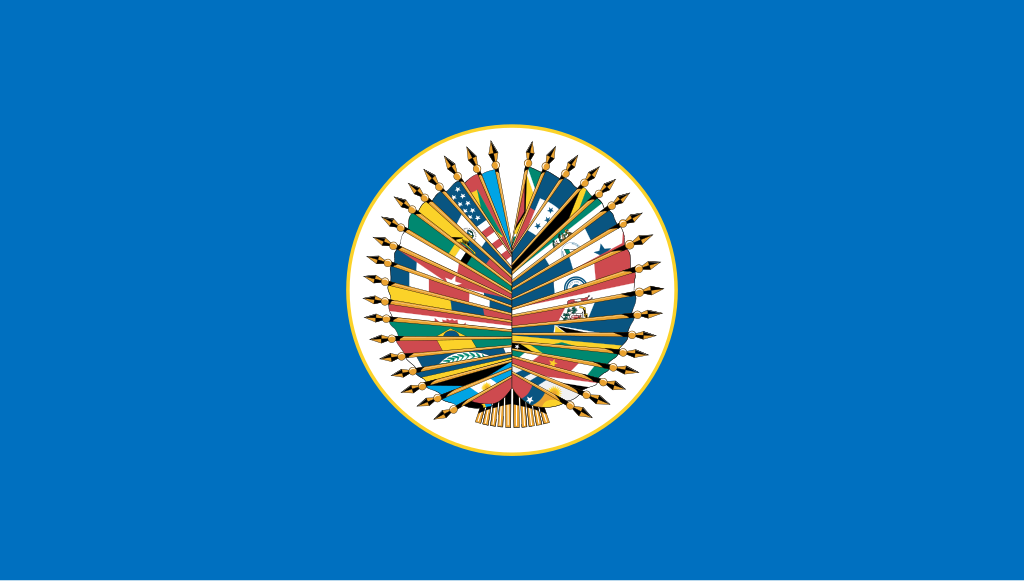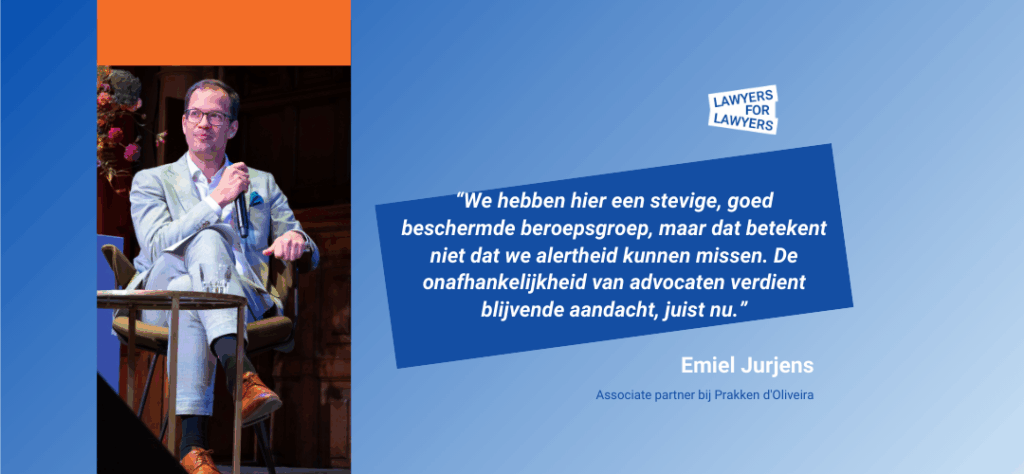Lawyers for Lawyers (L4L) remains deeply concerned about the deteriorating human rights situation in Venezuela. Venezuelan lawyers continue to be persecuted by various means such as threats, harassment, prosecution, and surveillance simply for performing their professional duties. The threats and obstacles become particularly pronounced in politically sensitive cases, such as those pertaining to reproductive rights.
One lawyer consistently facing threats is Venus Marina Faddoul Barrios, who has dedicated her career to advocating for women’s human rights in Venezuela. As a lawyer, communicator, and defender of women’s rights, Faddoul has handled cases in this field for over a decade. She also serves as the director of 100% Estrogeno, an NGO committed to producing educational content and offering legal aid in feminist activism, with a specific focus on women’s political participation, sexual rights, gender-based violence, and labor inequality.
Venus Faddoul experienced various obstacles that don’t allow her to carry out her work. For instance, since October 13, 2020, Faddoul has been providing legal representation to Vannesa Rosales, a woman accused of assisting in the termination of the pregnancy of a 13-year-old girl who was the victim of abuse and rape. Rosales was denied visits from her legal team during the three months she was detained.
Faddoul was also subject to intimidation tactics directly linked to her involvement in this case. Shortly after taking on representation, Faddoul received multiple messages and calls soliciting support or the sale of pills for pregnancy termination. However, Faddoul suspected this to be a deliberate scheme orchestrated by the national security agency in an attempt to incriminate her. Faddoul arrived at this conclusion because the requests originated from an area unrelated to her organization’s work, and because the case of Vanesa Rosales had not yet been made public. Once the case became public, the media reports on the case attracted attention from national and international outlets. It was during this time that Faddoul and her team noticed that they were being subjected to unauthorized surveillance and monitoring. This was confirmed when Faddoul’s name appeared on a list maintained by the Bolivarian National Intelligence Service (SEBIN). Furthermore, Faddoul received various threatening phone calls. During Faddoul’s defense of another case concerning human rights violations, that of Naibelis Noel, her efforts were curtailed through unwarranted delays, inept judges, and other obstructive measures.
Furthermore, the lack of client confidentiality presents another significant challenge for lawyers. Carrying out legal cases requires lawyers to take substantial risks, often relying on trusted individuals who are willing to jeopardize their own security to obtain information and facilitate the lawyer’s work. The COVID-19 pandemic has further complicated matters, as lawyers are unable to meet with their detained clients outside of the courtroom, severely limiting their ability to provide effective legal representation and ensure client confidentiality.
As a result, it has become the norm for lawyers to deviate from following the law, as they simply cannot rely on its mechanisms. They often resort to political pressure and public advocacy to seek justice and protect their clients’ rights.
Appeal to the Venezuelan authorities
Lawyers play a vital role in upholding the rule of law and the protection of human rights and their work is indispensable for public confidence in the administration of justice and to ensure access to justice for all.
Lawyers for Lawyers would therefore like to remind the Venezuelan authorities that Venezuela has ratified and signed the International Covenant on Civil and Political Rights, including Article 14 which encompasses “the right to communicate with counsel requires that the accused is granted prompt access to counsel. Counsel should be able to meet their clients in private and to communicate with the accused in conditions that fully respect the confidentiality of their communications”.[1]
Furthermore, we would like to draw the attention to the United Nations (UN) Basic Principles on the Role of Lawyers, particularly Articles 16, 17, 21, and 22, which reads:
16. Governments shall ensure that lawyers (a) are able to perform all of their professional functions without intimidation, hindrance, harassment or improper interference; (..) and (c) shall not suffer, or be threatened with prosecution or administrative, economic or other sanctions for any action taken in accordance with recognized professional duties, standards and ethics.
17.Where the security of lawyers is threatened as a result of discharging their functions, they shall be adequately safeguarded by the authorities.
21. It is the duty of the competent authorities to ensure lawyers access to appropriate information, files and documents in their possession or control in sufficient time to enable lawyers to provide effective legal assistance to their clients. Such access should be provided at the earliest appropriate time.
22. Governments shall recognize and respect that all communications and consultations between lawyers and their clients within their professional relationship are confidential.
In view of the above, Lawyers for Lawyers respectfully urges the Venezuelan authorities to:
- Guarantee that all lawyers in Venezuela are able to carry out their legitimate professional activities without fear of reprisals and free of all restrictions including judicial harassment.
Read PDF version here.
